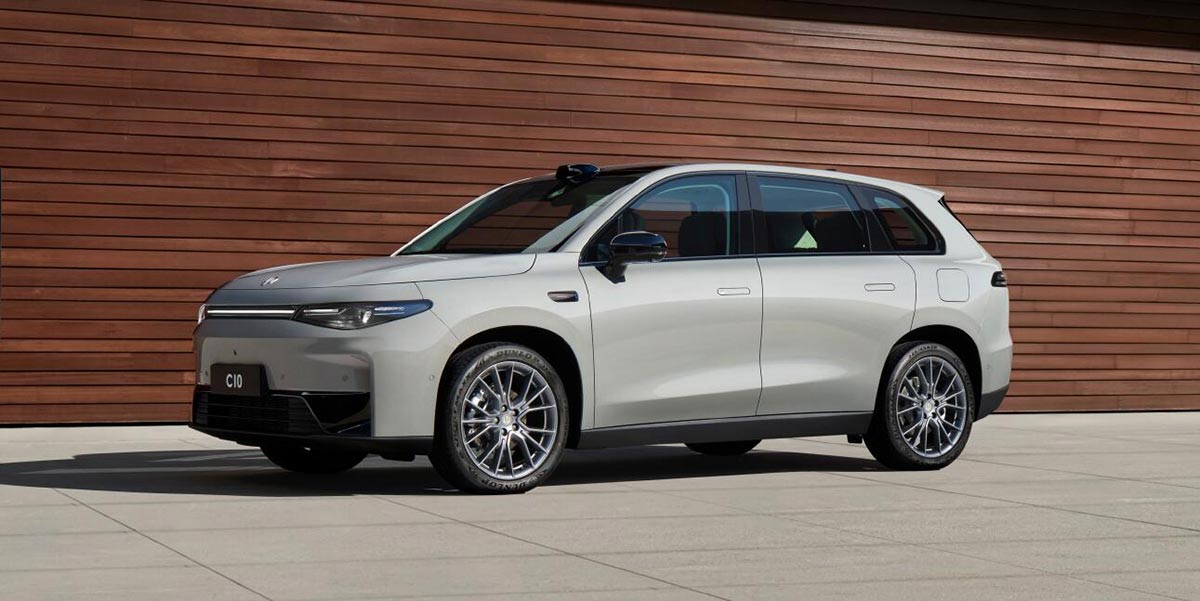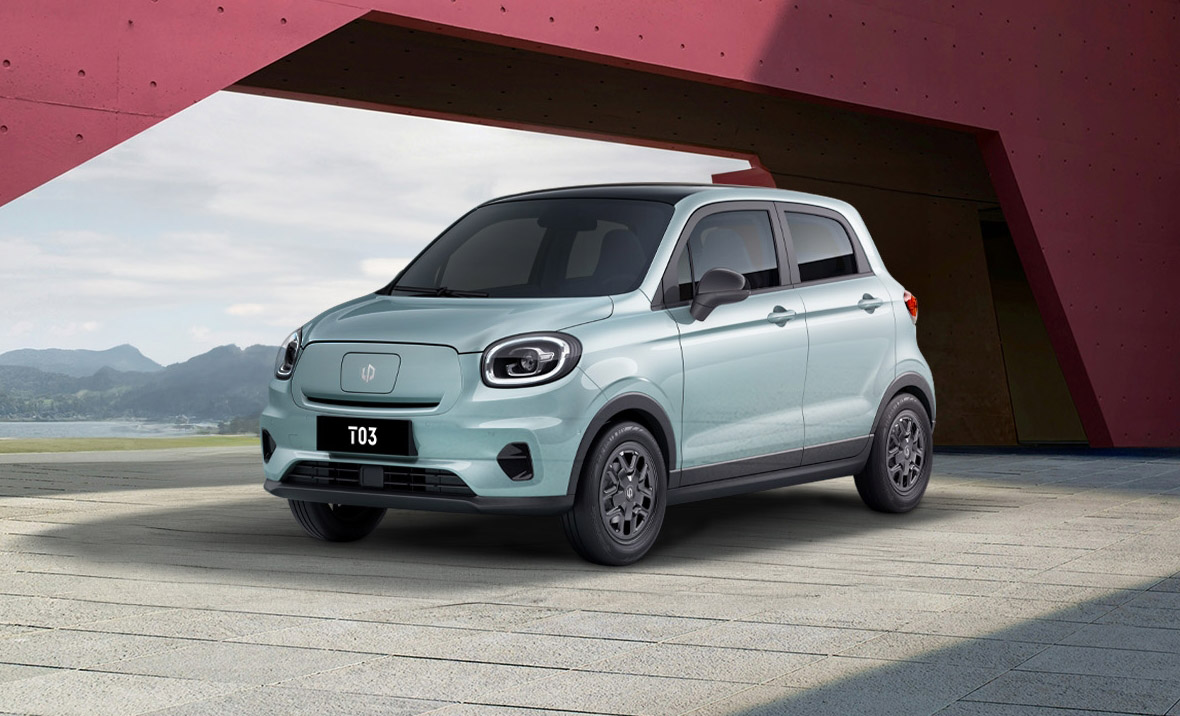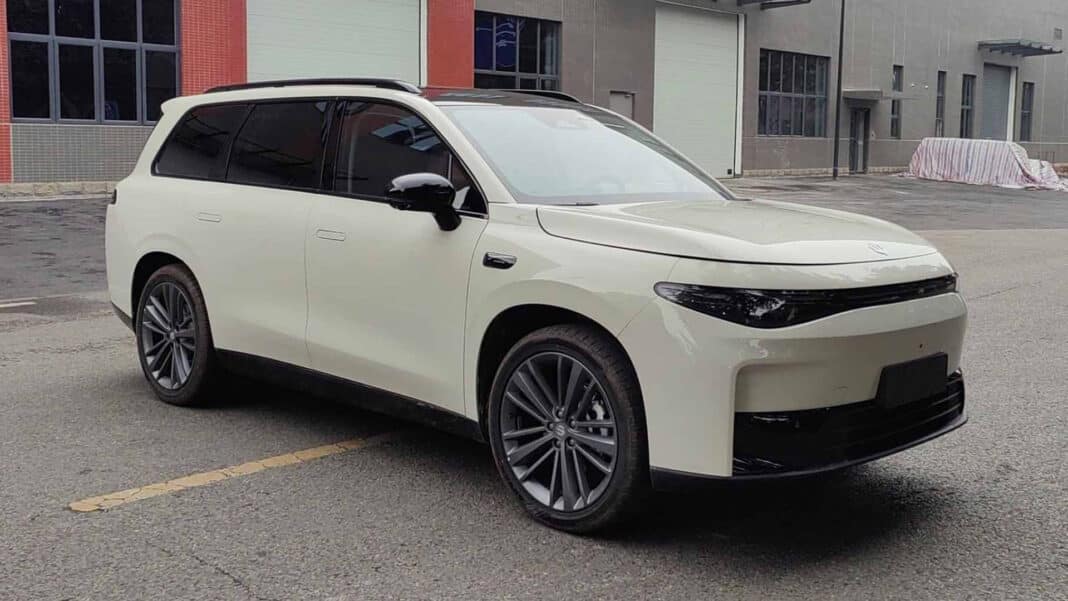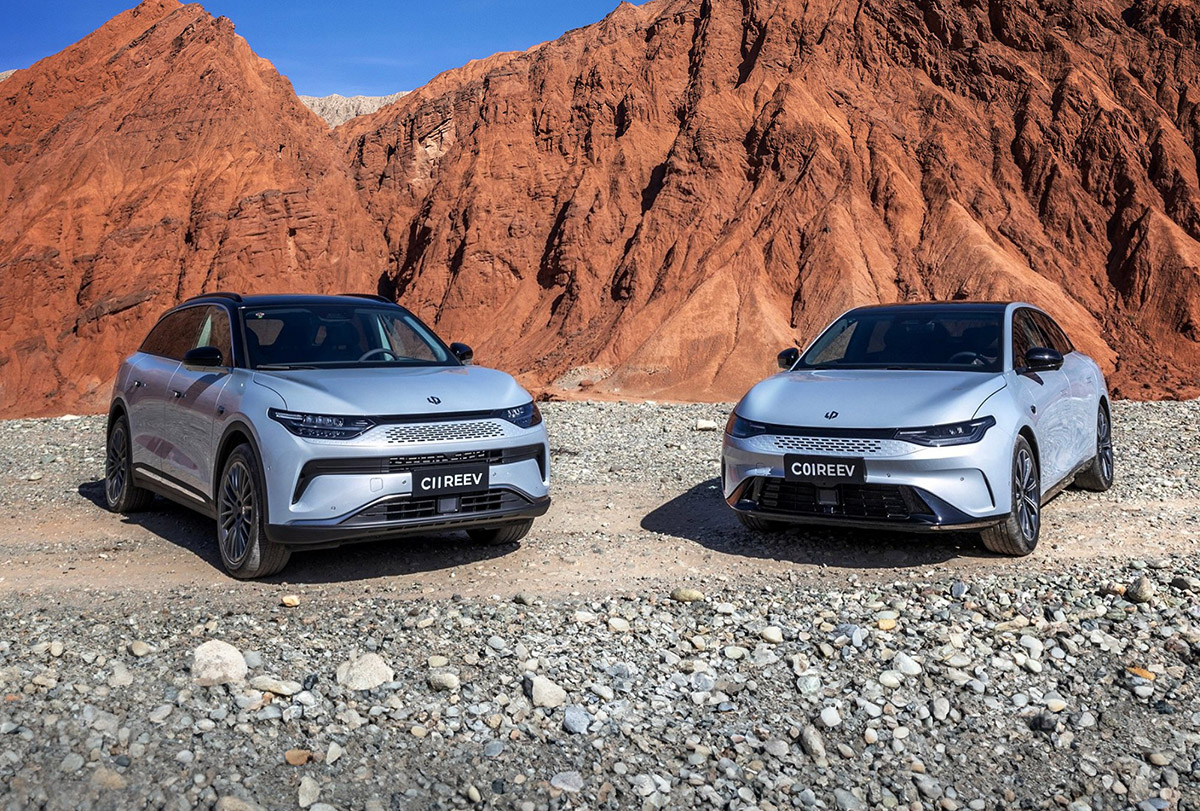A proposed joint venture between Stellantis, the world’s fourth-largest automaker, and Leapmotor, a Chinese electric vehicle (EV) manufacturer, has received approval from China’s National Development and Reform Commission (NDRC), according to sources familiar with the matter.
The approval from the NDRC allows Stellantis to proceed with its plans to build and sell Leapmotor’s electric vehicles outside of China. However, the deal still awaits regulatory approval in other markets.
See also: Stellantis Considers Producing Leapmotor EVs at Fiat’s Historic Mirafiori Plant in Turin
Last October, Stellantis announced its intention to acquire a 21% stake in Leapmotor for $1.6 billion, signaling its ambitions to tap into the lucrative Chinese EV market, the world’s largest by sales. As part of the deal, Stellantis would gain exclusive rights to manufacture, export, and sell Leapmotor products outside of China, marking a significant move for a traditional Western automaker. Stellantis would hold a controlling 51% stake in the joint venture.
Stellantis CEO Carlos Tavares recently hinted at the possibility of producing EVs based on Leapmotor technology in Europe, North America, or other regions where competitively-priced models are needed to rival Chinese EV manufacturers.
Stellantis has not provided a comment on the matter, and representatives from the NDRC could not be reached for comment.
The proposed joint venture comes at a time of escalating trade tensions between China and the European Union (EU). The EU is currently investigating whether Chinese EV manufacturers benefit from unfair government subsidies. As part of its response, the European Commission announced plans to start customs registration of Chinese EV imports, potentially subjecting them to retroactive tariffs if the trade investigation concludes that they receive unfair subsidies.





